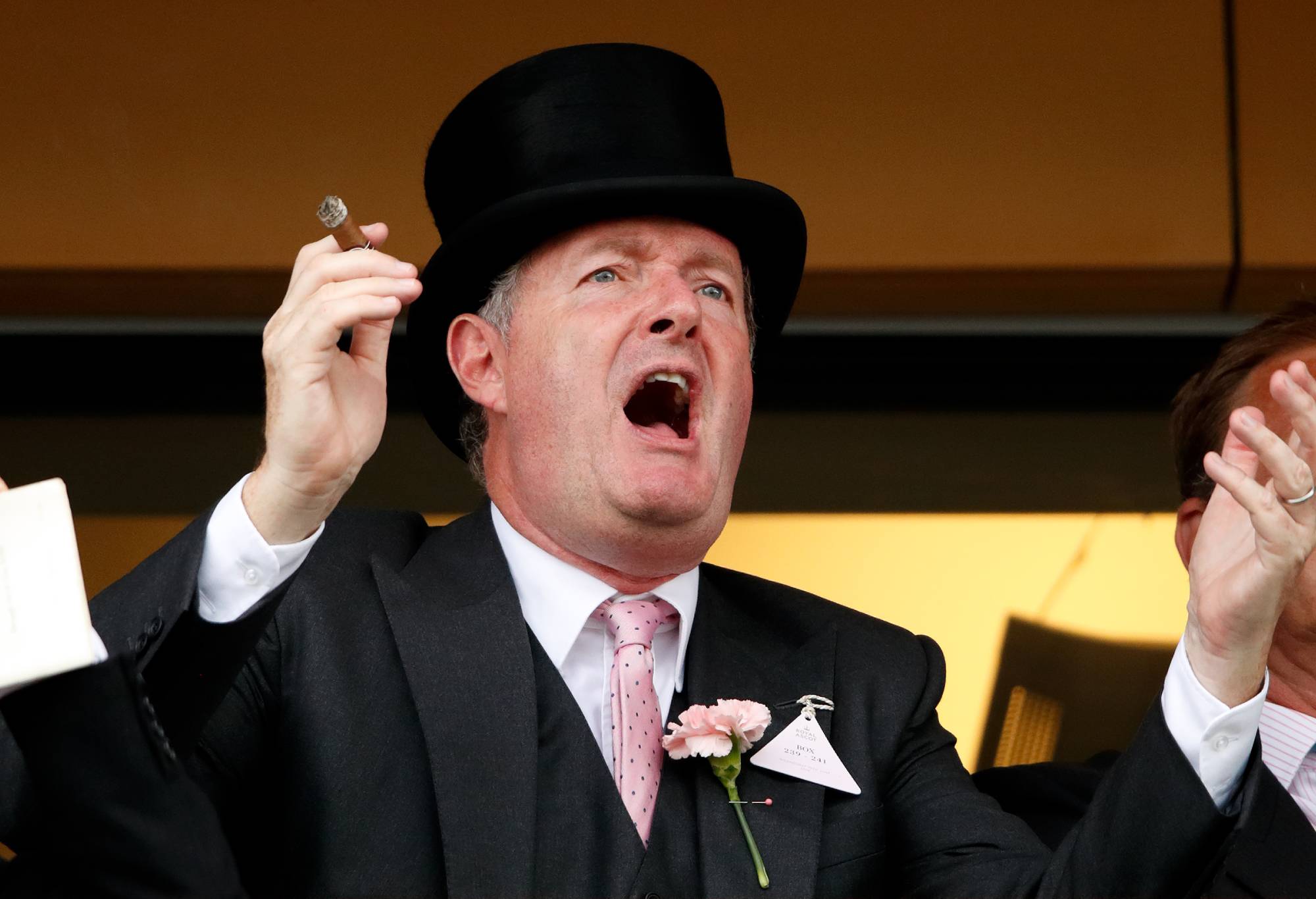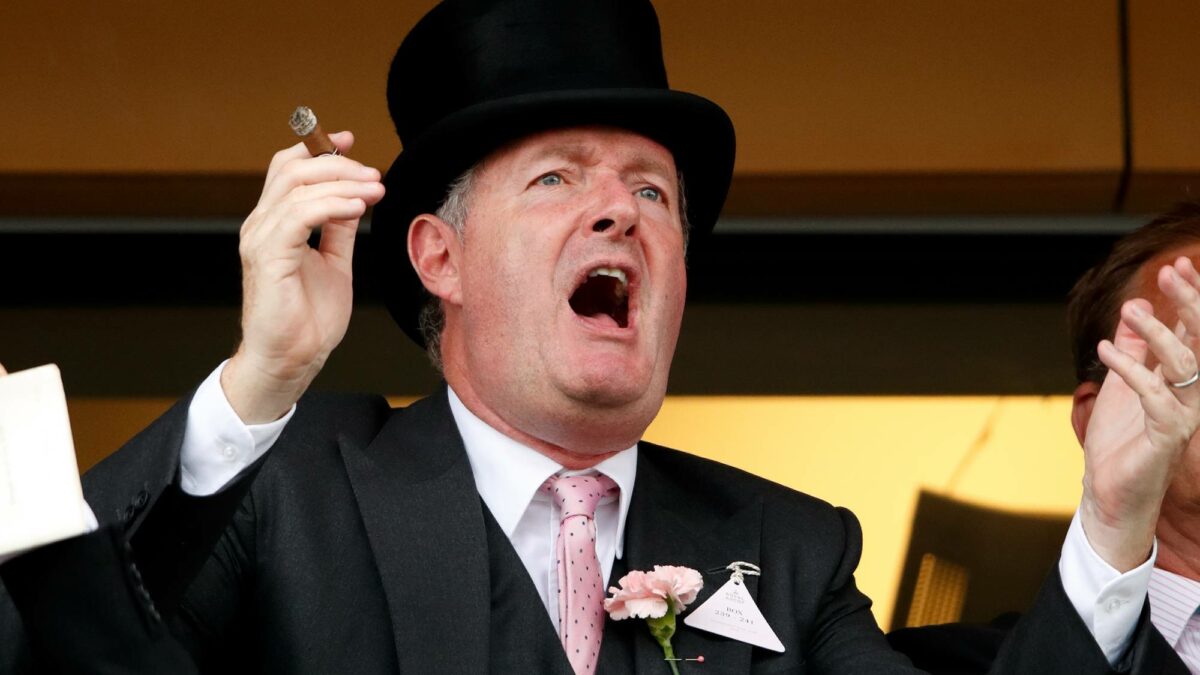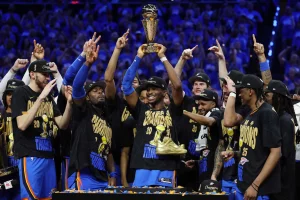Plenty has been made of a match between the Swiss Women’s national team and an under-15’s squad representing FC Luzern.
Played across three sets of 30 minute thirds, the game was behind closed doors, meant to be a hit-out for the women in the lead up to the 2025 EURO’s that are now just weeks away and the result was never intended to be made public.
Apparently, social media has once again played a key role in riling up the masses after a player chose to post some content of the match, the women then became the butt of many a joke on different platforms and the usual suspects climbed aboard to make fun of a national team that will have hopes of putting on a good showing on home soil.
Cowards like English shock-jock and flip-flopper Piers Morgan were quick to jump all over the performance, suggesting that women’s claims for equal pay in football, something expressed consistently by star Swiss player Alisha Lehmann over recent times, were laughable.
His argument, or misguided point of view defending on which camp you sit, strives to completely discredit the women’s game; suggesting that elite women’s players should be able to beat a talented group of young boys. Hence, he would suggest that calls for better remuneration are nothing more than women looking to be rewarded in a way they do not deserve, for possessing skills they simply do not have.
After writing professionally about football for more than a decade, I’m not sure what aged boys would see the crossover between a senior women’s team winning and losing. I would probably have guessed around 16 or 17; knowing that a quality under-18’s would easily outplay the vast majority of the women’s teams I’ve seen in action over the years.

Piers Morgan smokes a cigar while watching racing at Royal Ascot. (Photo by Max Mumby/Indigo/Getty Images)
In different competitions, I would argue the age would drop considerably and the women’s teams of Chelsea, Barcelona and Lyon might well be able to hold their own against the boys up to an age of around 20.
In a nutshell, I don’t know the answer, nor does Piers Morgan or any of the other online and often anonymous critics who joined in for a laugh at the expense of the Swiss women’s team.
The more salient question is potentially, who cares and why does it even matter?
Why on earth does it really matter just how old boys have to be before they can defeat women, thanks to the physical advantages they have? Would a female tennis player in the draw at Wimbledon over the next fortnight have even a chance against every one of the 128 men? Probably not, but who gives a flying banana?
Tennis legend Serena Williams made that abundantly clear years ago, citing the vast differences between the men’s and women’s versions of the sport. Football is similar, as are golf, contact sports such as rugby and AFL, with perhaps only darts, curling and chess springing to mind as competitions were true or anywhere near close to parity could potentially be achieved.

Serena Williams was open and honest when asked about the differences between men’s and women’s tennis. (Photo by Eduardo MunozAlvarez/VIEWpress)
It strikes me that the discussion around the quality of women’s football and any comparisons that are made to the men’s is as moot as moot can be. It simply means nothing and why a women’s team would even dream of a match-up that could only draw negative attention is beyond me. Hence the closed doors.
Unless of course, we have rather mid-range female athletes like Lehmann calling for equal pay based on little substance. In whichever world you live, I can assure you, female athletes do not deserve to be paid the same as their male counterparts, in much the same way that male athletes competing in niche sports aren’t calling to be rewarded disproportionately for their effort and training.
The former is the argument often put forward by female athletes in regards to pay, that their training is of the same intensity and therefore, the reward should be of the same nature. Frankly, that is a nonsense, with many an Australian athlete winning medals, training tirelessly for years with little or no reward, and with the realisation that the commerciality of their endeavour does simply not allow that to happen.

Amy Sayer celebrates scoring for the Matildas. (Photo by Matt King/Getty Images)
As is the case with women’s football. Hopefully the dollars keep increasing and raising wages along the journey, yet players also need to comprehend the financial realities of how sport works.
Based on Lehamnn’s logic, A-League men’s players could demand to be paid wages in line with the Premier League in England. It is blatantly silly and all countries know their place in the pecking order when it comes to realistic pay in light of the money the game generates.
As an athlete, you receive a proportion of the revenue you generate. The Swiss women’s team might have been towelled up by a bunch of school kids, but that matters little and has no bearing whatsoever in players’ ridiculous cries for equal pay.
What does matter is return on investment for those still propping up the growing women’s game. Losing to some talented boys is no embarrassment, not understanding the realities of sport is.






